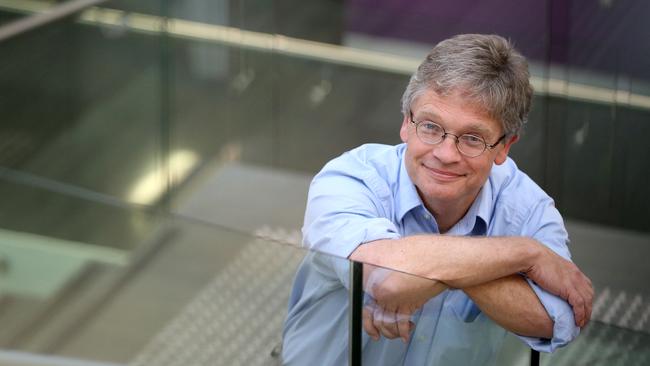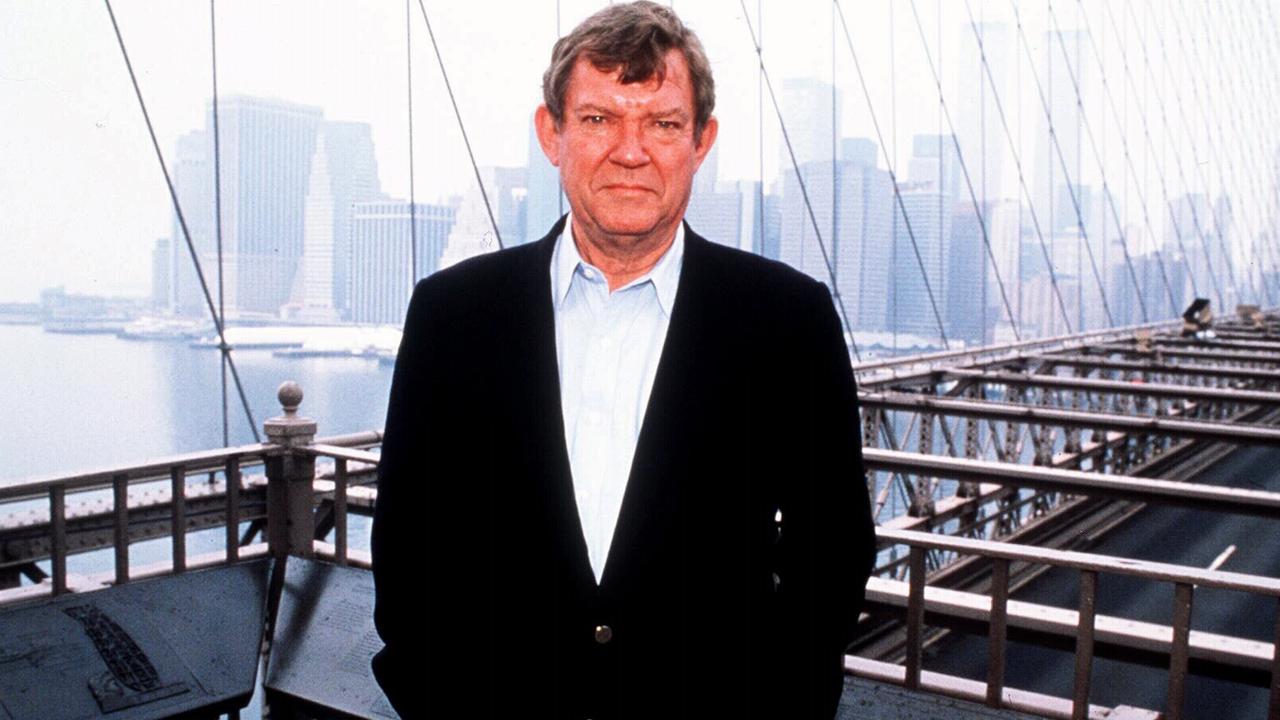AI changing jobs, but don’t worry about robot overlords yet
University of Sydney robotics expert Hugh Durrant-Whyte says we can expect the jobs market to hollow out as automation takes hold, but don’t worry yet about machines taking over everything.

As automation takes hold we can expect the current job market to hollow out, but don’t fear that the machines are about to take over everything, a University of Sydney robotics expert says.
Hugh Durrant-Whyte told last week’s Universities Australia conference in Canberra that, while automation would have a profound effect on the job market for graduates and the courses taught at universities, we were nowhere close to the dystopian nightmare in which human intelligence would be overtaken by machines.
“It is a worry but it’s actually so far away it’s not front of mind at this point,” he said.
“There are lots of other pieces in AI (artificial intelligence) which are very current and very worrying, but the super intelligence bit, this dystopia, really isn’t there.
“It’s a bit of a myth to say it’s going to happen in some kind of singularity in the near future.”
The singularity is an event postulated by AI catastrophists in which the intelligence of machines surpasses humans, making people subservient to machines.
Professor Durrant-Whyte is one of Australia’s leading authorities in robotics and has developed autonomous machine technology that is being used in the mining and transport industries.
“Believe me, I produce them and program them, and they’re not going to take over any time soon,” he said.
He said there were two types of AI, weak and strong, which needed to be distinguished from each other. Weak AI is the type in use now in which computers make deterministic decisions according to clear algorithms, such as internet searches, selecting travel routes or deciding when to buy and sell on the financial markets.
“Whereas the strong AI is stuff that we still struggle to do with a computer. Unstructured data, non-deterministic decisions, quite ambiguous interactions, these are things we still struggle with in the AI field,” he said. “We even struggle to pose the right questions, let alone figure out what the answer is. The truly strong AI is just not on the horizon.”
However, Professor Durrant-Whyte said, weak AI nevertheless would cause sweeping changes in the job market.
“The sorts of jobs which require engagement with people (such as in aged care, nursing, teaching and hospitality services), as well as those requiring higher creative and technological skill, they will remain because they are hard to automate,” he said.
“But everything in the middle, from being an accountant and even being a lawyer and a doctor, they are actually quite easy to automate.
“So there’s going to be this hollowing out and a polarisation of the job market.”
Four years ago Professor Durrant-Whyte produced a report on the impact of automation that is the source of the now oft-quoted prediction that 40 per cent of current jobs will be wiped out by automation.
He said what the report actually said was that 40 per cent of jobs were likely to change.
But there was still a major risk that the changes in jobs caused by AI would increase inequality and spark social upheaval.
One reason was that the highly paid creative jobs were concentrating at the centre of cities, leaving mainly lower-paid jobs in the suburbs. Regional and remote areas also would lose jobs.
“This polarisation is a key driver of the inequality and backlash that we are seeing across the globe. I think that is something we do need to worry about,” he said.



